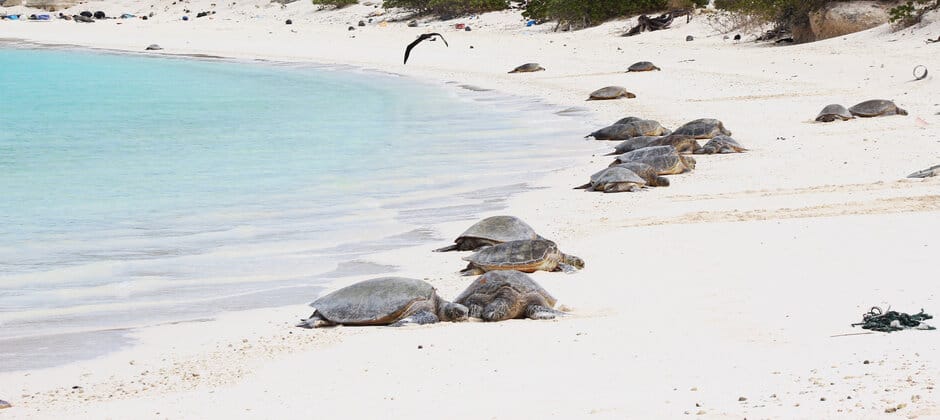Share this article
House subcommittee discusses Recovering America’s Wildlife Act
At a hearing held by the Water, Oceans, and Wildlife Subcommittee of the U.S. House Natural Resources Committee last week, legislators expressed their support for the passage of Recovering America’s Wildlife Act (H.R. 2773) as well as other legislation.
Rep. Deb Dingell (D-Mich.), one of the original co-sponsors of RAWA spoke in favor the landmark legislation, which would provide about $1.4 billion annually to state, territorial and tribal wildlife agencies for the conservation of thousands of fish and wildlife species.
Dingell stressed the need to act now to conserve wildlife. “The cost of inaction is immense,” Dingell said. “The longer we wait to address these issues, the more resources we will ultimately need to safeguard our nation’s resources.”
The funding provided by the bill would support the implementation of State Wildlife Action Plans, proactive conservation blueprints that identify species at risk of becoming threatened or endangered, known as species of greatest conservation need. The bill would also detail plans to reduce population declines to prevent the need to list them under the Endangered Species Act. To date, state fish and wildlife agencies have used these plans to identify 12,000 species at risk of becoming threatened or endangered.
Recovering America’s Wildlife Act funding would also support tribal nations in identifying, planning and conserving at-risk species and associated activities. It would empower their fish and wildlife professionals to effectively work with partners toward conservation successes and prevent species from becoming endangered.
Collin O’Mara, the president and chief executive officer of the National Wildlife Federation, also testified in support of the bill, calling it “the most important wildlife legislation since the Endangered Species Act.”
“The Recovering America’s Wildlife Act marks the best chance we have to win our race against the clock,” O’Mara said. “The introduction of a bipartisan companion bill in the Senate, and support from President Biden’s administration, makes this Congress our best opportunity to pass this critical conservation legislation into law. The longer we wait to act, the more expensive and difficult the crisis becomes to solve.”
The current version of the Recovering America’s Wildlife Act was introduced in the House in April and in the Senate last month. The Wildlife Society’s government relations staff, organization units and partner organizations have been working to advance the bill since it was first introduced in 2016. Members of TWS and other wildlife professionals are encouraged visit TWS’ Recovering America’s Wildlife Act Action Center to learn more about the Recovering America’s Wildlife Act and urge their members of Congress to support it.
Also discussed during the hearing was the TWS-backed “Safeguarding America’s Future and Environment (SAFE) Act.” The SAFE Act was reintroduced in May and aims to protect wildlife and other natural resources from the effects of climate change and the associated increasingly frequent extreme weather events.
Header Image: Green sea turtles (Chelonia mydas) were identified by 25 states as species of greatest conservation need in 2015. Credit: Megan Nagel/USFWS








